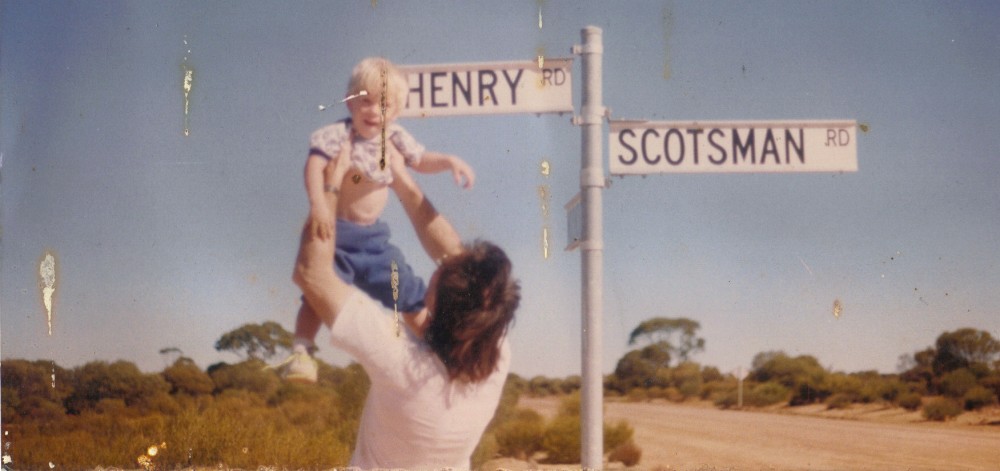Does a song have a plot? It doesn’t follow the same progression as a story, so there is no reason for a song to possess a plot.
You could see a plot in a traditional or folk song because this is the structure; it starts out describing the situation at one juncture and ends showing what happens as time passes. However, not even the old songs all follow this pattern, not by any means. It’s just as likely that a piece will dwell on how gorgeous one’s paramour is, or study a subject closely. If the narrative is timeless or static then it’s less likely to have a plot.
Look at “The Gambler” by Kenny Rogers. Here the verses set the scene and then the chorus is the old man’s advice repeated so taking us away from the card table through reflection. The plot consists of a current day gambler using past pearls of wisdom to inform his conduct at the table and in life generally. This active use of metaphor tells a story with less filling than an actual short story or novella, because there is the other aspects of the song for the audience to appreciate: the sound and construction of the song, the performance, the way it fits into the milieu..
II
Let’s get into a little practice then, despite the fact that we’ve just recognised that a plot is a fairly unimportant component of song lyrics and may occur by chance, if at all.
It has to be said, even as we do this, that probably whatever plot one devises, it would be better utilised in another medium than song. Not if you decide to keep it simple though. For example, a plot for a movie or television episode might consist of a hypnotist committing murder through sleeper subjects and that’s a good chance for dialogue and set scenes, a fine opportunity for actors to show their chops, but does the process of illustrating this restrict the potential? Compare ‘Falling For You‘, the title of a song before it is that of a play or short film. Rather than just riffing off this title, because we want to look at plot potential, I have a plot in mind: each verse talks (in a poetic way) of how the narrator or protagonist falls; off mountains, off fences, off a motorcycle, and then how this is all still about the ‘you’ in the title. A particular fancy, I should fancy. This is too rudimentary for anything but a children’s book – the repetition, that is! – but perfect fodder for a song.
It might be a song with a plot, but that depends on how you write it. You see, after making the choice to talk about the person relating events, taking different kinds of falls, there’s still more than one approach.
You might decide ‘screw the plot’ at this stage, if the exercise has given you the material to write a good song using this title and theme. Why try to make this go somewhere in the way that “Bus Stop” by Manfred Mann does, where the act of sharing an umbrella blossoms into a full blown love affair. There might be some satisfaction in all the falling resulting in reciprocity or at least an appreciative glance down at your crumpled form at the base of the ladder. But if the falls are diverting enough and the images strong, the listener probably won’t notice.
III
Falling For You
I fell forward and I fell hard
on the path to your half
the length of your yard
I fell
out of practice
I fell
out of bed
Falling for this feeling
Propelled on by chance
The mind finds it’s reeling
Circled by circumstance
IV
What you may have noticed is how the poetry takes over, leaving no room for a proper plot. It’s still talking about “falling for you” but it isn’t doing so with the objective of seeing that the narrator falls into his or her baby’s arms by the end of the song. In one approach, you would be using serviceable language to tell a tale, in the other one is using visual imagery and lyrical ambiguity to weave a song that reveals further meaning over time.
Apart from as an academic exercise, I don’t see virtue in pursuing plot foremost. Allow the song lyrics to convey their meaning through their delivery and any inherent musicality, and things like ‘plot’ and ‘script’ and ‘narrative’ will sort themselves out of their own accord.
V
Here’s a different take on ‘Falling For You’ where you take that surveyed route of falling off different heights.
I had this falling dream
I can’t recall if it was some recent wall
that we clambered over calmly
that we called from as we climbed
I know how it sometimes seems
Falling for you
VI
Notice how, here, you start off telling the story right from the vantage of falling off things yet by the end of the snippet there are other things falling out as the lover tumbles headlong into the space of the desired one. I suggest you go with it, since letting the song tug the writer along could conceivably be more fulfilling than going with the original idea.
If you wish, you can scribble the other directions all this falling could take for use in other songs, or as a fascinating future curio for those keen to learn.
If anything, this works better in song than in anything but the most experimental novel or fringe theatre. And then you’ll be onto the next tune, which is about something else.
